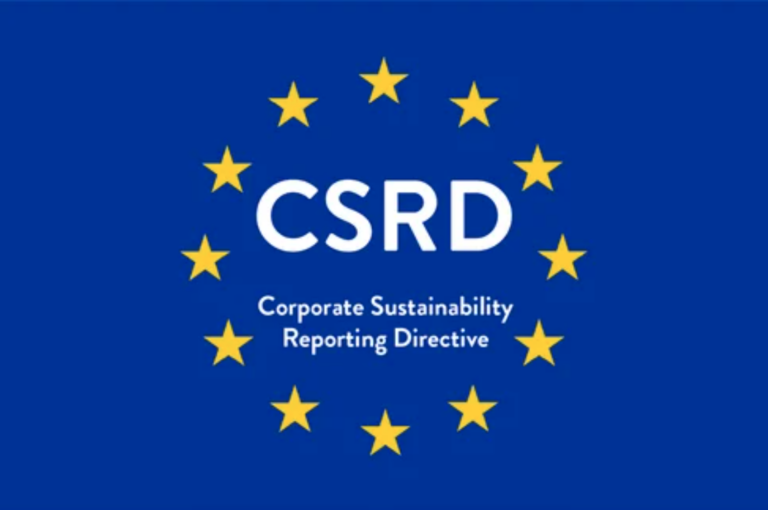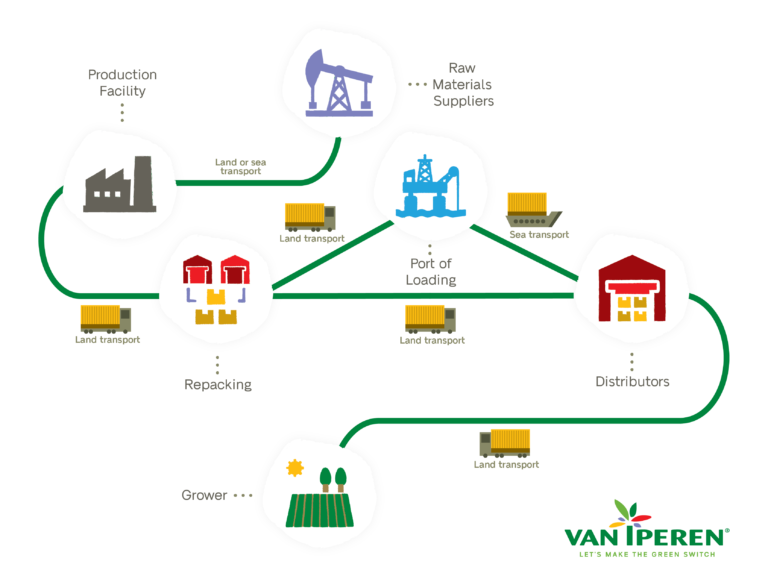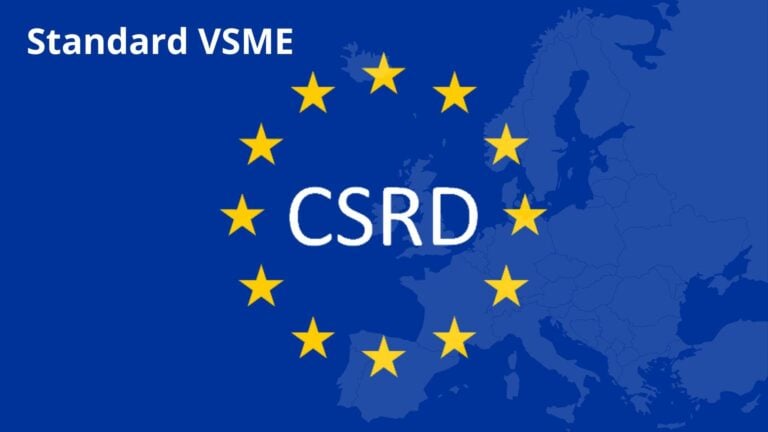Resilience is about moving forward despite pressure, complexity, and uncertainty. We operate in a world that is changing fast — with new regulations, rising market expectations, and increasing environmental and social challenges. We don’t control all of it, but we do control how we respond. And we’ve chosen to move forward.
CSRD (Corporate Sustainability Reporting Directive)

CSRD (Corporate Sustainability Reporting Directive) is an EU regulation that will require companies to report in detail on how they manage their environmental, social, and governance (ESG) responsibilities. Even though we are not yet legally required to comply with the CSRD, we have already started preparing.
While the rules will apply to larger and listed companies first, they are setting the standard for the whole market. We want to be ready.
More info
We started with a Double Materiality Assessment — the foundation of CSRD. This means looking at:
- How we impact the world (for example, our CO₂ emissions, our use of resources, how we treat people), and
- How the world impacts us (such as climate change, new policies, or shifts in customer expectations).
This process helps us focus on what truly matters — not just what we are expected to report but what we need to act on to stay relevant and responsible.
Based on the process detailed previously, we’ve begun collecting data in three areas:
- CO₂ emissions. We are measuring:
- Scope 1 – direct emissions from our own operations (like fuel, company vehicles)
- Scope 2 – emissions from electricity we purchase
- Scope 3 (partial) – emissions from upstream and downstream activities such as logistics
This data gives us a clear view of our footprint and allows us to take action — both for our own climate goals and to meet customer expectations.
- People data: We are tracking health, safety, and employee development across the company. Much of this is already in our HR system (AFAS), and we are working to integrate all entities to reduce manual work and ensure consistency. We aim to report what is meaningful, not just what’s measurable.
- Product-level data: We are taking a phased approach to product sustainability data — such as CO₂ per kg, circularity, or hazardous material indicators. This work will move forward as our internal systems become more aligned across business units. It’s a practical decision: we prefer to build solid, efficient processes rather than create reporting for the sake of it. Quality and long-term value come first.
VSME (Voluntary Standard for Micro and Small Enterprises)

We’re also closely following the development of the VSME (Voluntary Standard for Micro and Small Enterprises), a simplified version of CSRD for smaller companies.
It’s expected to focus on fewer topics and ease the reporting burden. We will evaluate its value in 2025 and decide if and how to adopt it — with or without external audit.
Resilience in Agriculture: A Collaborative Task
Resilience in agriculture is not something we build alone. We move forward with our suppliers, customers, and partners. Collaboration is essential for reliable data, consistent standards, and progress that benefits the entire value chain. Sustainability is not a solo task. It’s shared. Discover how we collaborate with our customers to become resilient!